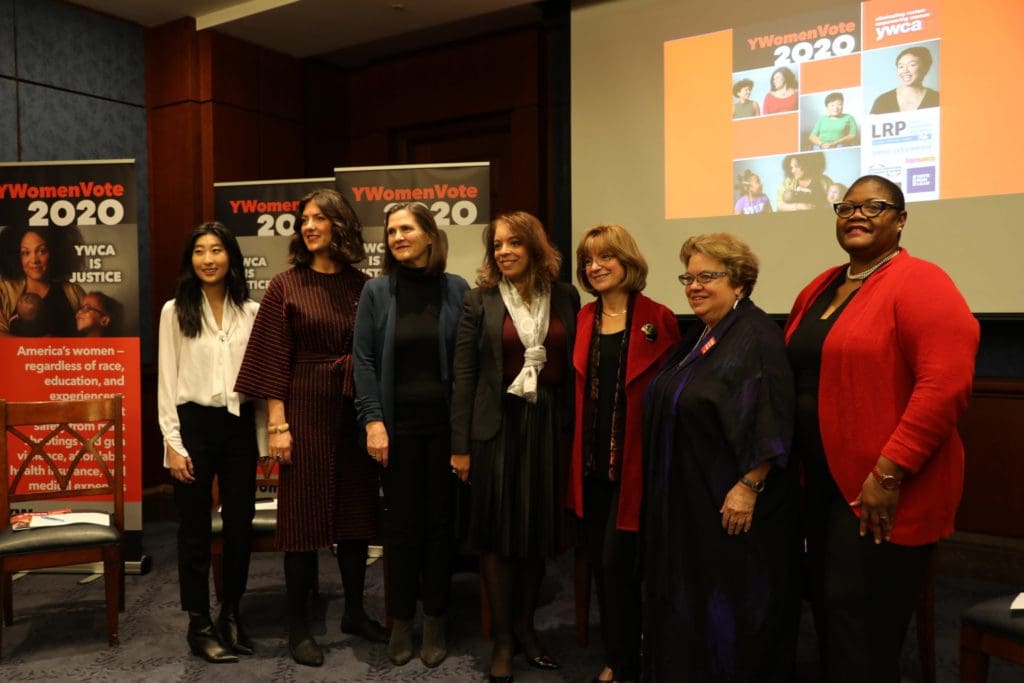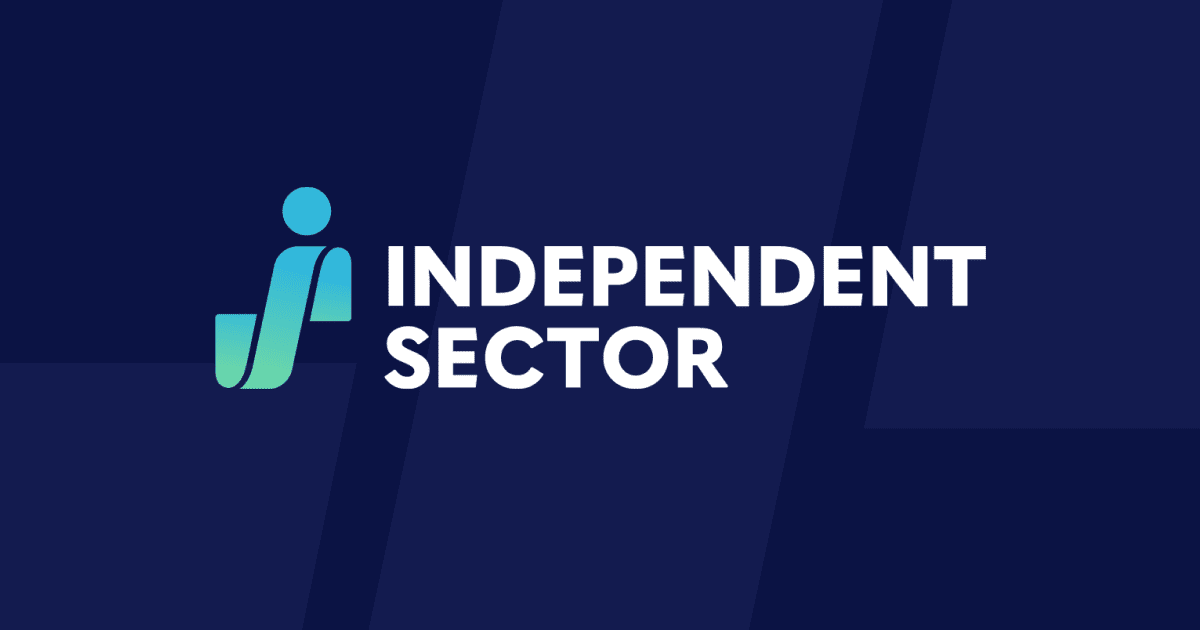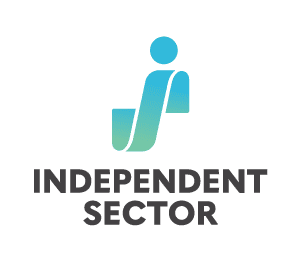Last month, IS Member YWCA USA partnered with National Partnership for Women & Families, New America Better Life Lab, Supermajority, and VoteRunLead to host a briefing on women’s priorities and expectations for Congress in 2020 and beyond. IS’s Erica Harris and Chris Rubio joined staff from other organizations on Thursday, Dec. 12 at the U.S. Capitol Visitor Center in Washington, DC to discuss the results of YWCA’s most recent national survey, YWomenVote 2020. The survey took a deep dive into topic areas of importance to women in our country, relying on women’s lived experiences, concerns, and priorities to help shape a policy framework for the next Congress and Administration.
Panelists discussed various avenues where the YWomenVote 2020 survey results show up in their work, resonate in their communities, and affect the long-term health of our nation and society. Moderated by Alejandra Castillo, CEO of YWCA USA, the panel featured six speakers:
- Celinda Lake, President and Founder, Lake Research Partners
- Debra Ness, President, National Partnership for Women & Families
- Melanie Campbell, President and CEO, The National Coalition on Black Civic Participation
- Jennifer Baik, Communications & Policy Associate, APIAVote
- Erin Vilardi, Founder & CEO, VoteRunLead
- Brigid Schulte, Director, Better Life Lab, New America
The briefing’s consistent theme focused on how women are energized by the opportunity to create lasting structural change. Unlike other traditional civic engagement surveys, YWomenVote 2020 is an intentional and comprehensive collection of data from women of all races across rural, urban, and suburban backgrounds. Celinda Lake, veteran pollster, highlighted the impact of what she calls “appropriate sampling,” data that examines responses from women who are historically unrepresented in surveys of this kind. The data showed and panelists were in agreement that women across the nation – regardless of party affiliation – share similar concerns and prioritize similar issues as necessary items for legislative action.
Some of the top concerns for women supported by the survey data include violence – mass shootings, domestic violence, and sexual violence; health care – physical and mental health; housing; gender and racial discrimination; equal pay; and paid family and medical leave. Erin Vilardi spoke about her work in rural America to train women to run for office. Erin mentioned that the issues that hit close to home for women in rural America are similar to the issues that matter to her as she lives day to day in New York and her sister who resides in the suburbs – “water issues, equitable healthcare facilities, broadband, opioids […] all end up needing the care of women.” Melanie Campbell shared that both in the survey and in her work in the black community young women of color are troubled by “racism and hate crimes, housing, and gun violence.”
While challenges and lived experiences were central to the conversation, panelists also took time to discuss solutions that can be developed from understanding and reacting to this data. Jennifer Baik, a Gen-Z professional, said “this data is so tailored to my experiences. […]. Now we have a number to validate what is many of our experiences.” Debra Ness spoke about issues weighing on younger women and how the data shows that rates for “experiences of racial discrimination are higher for women of color.” Debra mentioned that “we have so many solutions available with this Congress, but Congress has to act.” Bridget Schulte spoke about progress in the healthcare field as it relates to parental leave. “There is progress. There are bills on the Democratic and the Republican side.” Towards the end of the briefing, Erin Vilardi ended her remarks by calling women to action to run for office to act on the legislative issues that are pressing and apparent in the YWomenVote 2020 survey.
YWCA USA plans to take this work on the road throughout this year, and along with their partners, hopes to reach 10 million women through their civic engagement program.
We at IS thank these organizations for coming together and sharing their work, and look forward to seeing the positive impact of this research for women and communities across our nation.



